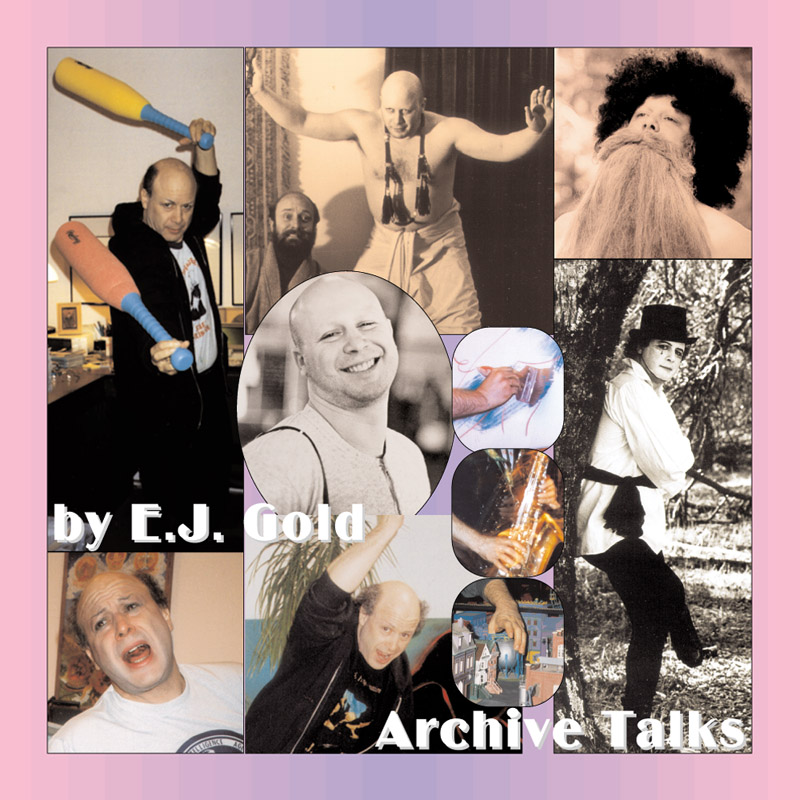

CDT297
The Drowning Pool
Introduction
You can't cheat an honest man; never smarten up a chump; never give a sucker an even break. These are the three laws of marketing from the wiseacre, W.C. Fields. E.J. Gold with a small group acknowledges the truth of these three laws and on the other hand considers how to find the people who really need the School. The real problem is you want to work. So you prepare to work and then you go to work. Listening to this talk one recognizes the depth of this real problem along with awakening the conscience to the question - How can those who have this real problem find the School?
Synopsis
The talk explores the challenges of structuring and marketing esoteric work, contrasting different attitudes toward engagement, commitment, and preparation. It discusses the barriers to entry for those interested in such work, the necessity of letting go of conventional attachments, and the importance of direct experience over passive study. The dialogue also critiques organizations that prioritize self-preservation over their original mission and emphasizes the idea that genuine work must involve direct immersion rather than extended preparation.
Summary
The conversation navigates various philosophical and practical concerns surrounding esoteric work. It begins with a playful exchange about games and fictional references before transitioning into a discussion about how individuals engage with knowledge and personal transformation. The participants identify different groups of people: those truly ready to work, those who endlessly prepare but never engage, those who fail outright, and those who stumble into work without preparation.
The talk argues that true participation in esoteric work requires shedding emotional dependencies, discarding societal conditioning, and embracing constant change. It distinguishes between exoteric (outer), mesoteric (transitional), and esoteric (inner) schools of thought, ultimately suggesting that their approach functions as a "sweatshop" that immediately immerses people in practical application rather than abstract theory.
Marketing strategies are debated, particularly the necessity of offering a singular, tangible entry point—a simple exercise or practice—rather than overwhelming seekers with complex philosophies upfront. The dialogue underscores how modern organizations often focus on survival rather than delivering real transformation. The closing lines suggest that engagement in this work is ultimately a choice between immersion and stagnation.
Keywords & Key Phrases
- Esoteric work
- Mesoteric transition
- Fourth way sweatshop
- Emotional attachments
- The call of duty
- The cold pool analogy
- Self-preservation vs. transformation
- Exoteric simplifications
- Inner change as flux
- Reality block
- Structured initiation
- Commitment thresholds
- Marketing esoteric ideas
- Selling a singular solution
- Isaac Asimov’s three laws
- Joe Carbo principle
Graphic Prompt
"An ancient, dimly lit stone chamber with an open doorway leading into blinding white light. Scattered throughout the room are cryptic symbols, alchemical instruments, and worn scrolls. In the foreground, a lone figure stands at the threshold, uncertain but drawn forward. The atmosphere is mystical and otherworldly, balancing realism and surrealism with chiaroscuro lighting."



